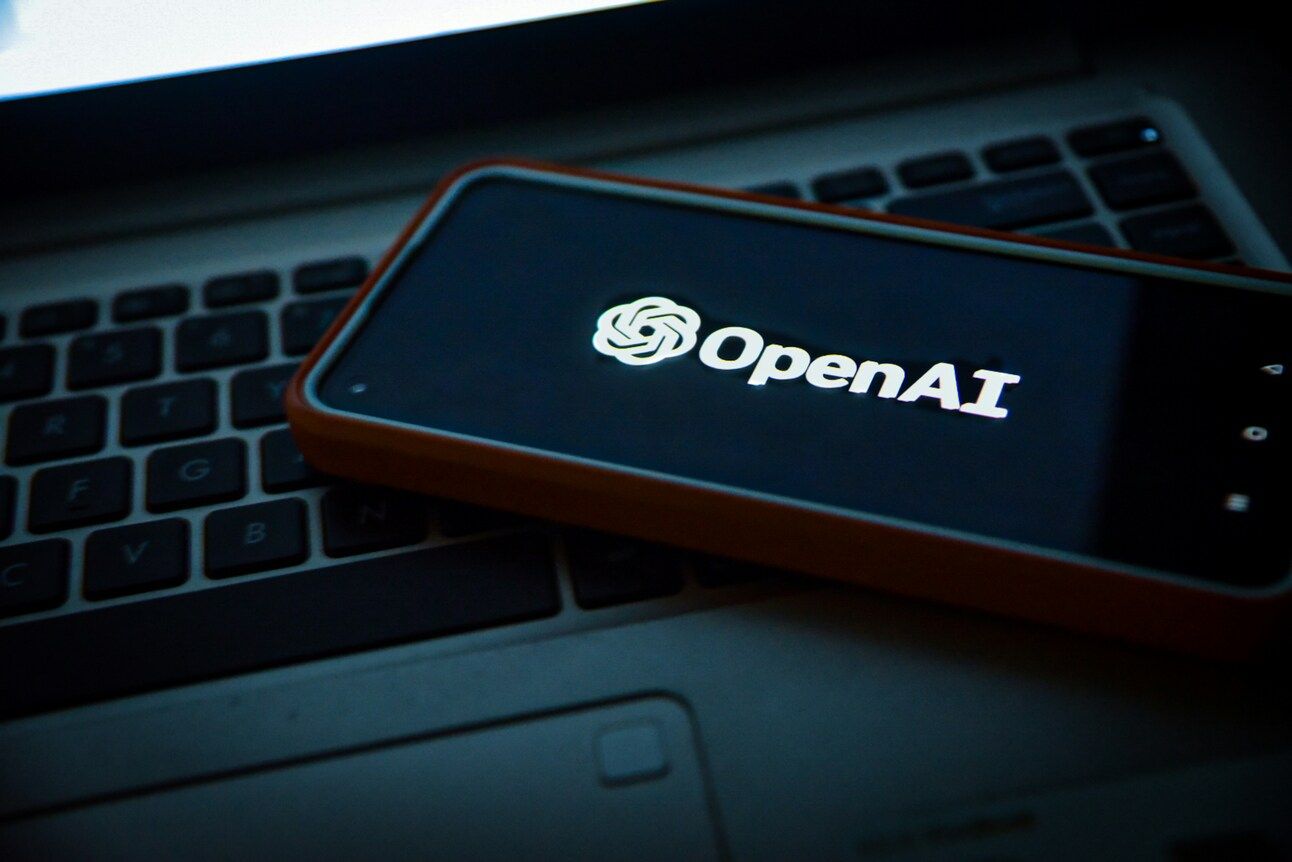OpenAI finds itself in a difficult position as it becomes the latest US company to cut off access to one of the world’s largest markets. Plus, a shakeup in the music industry as record labels prepare to take AI music generators to court. It’s a packed week in AI, here’s what you need to know ⬇️
In today’s newsletter:
🗞️ OpenAI to block access in China
📀 Major record labels sue AI music generators
🗺️ Generative AI is transforming the travel industry
⭐ AI uses speech analysis to predict Alzheimer’s
💩 Meta plans to utilize user posts for AI training
🧠 Brain teaser of the week

OpenAI is implementing measures to restrict access to its AI tools in China due to increasing concerns about misuse. While ChatGPT is not officially available in China, both individuals and organizations have been able to access OpenAI’s models through the company's API. Chinese companies who use the API in their services will be forced to look for Chinese alternatives before the July 9th cutoff.
OpenAI’s decision comes amid rising economic tensions between the US and China. OpenAI is among several tech companies taking steps to limit Chinese access to technologies developed in the United States. These growing efforts to restrict access stem from concerns regarding user data privacy and national security.
Major Record Labels Sue AI Music Generators 📀

Universal Music Group, Sony Music Entertainment, and Warner Music Group filed lawsuits against AI music generators. The lawsuits claim that these AI systems are violating intellectual property rights by using copyrighted songs without permission to train their algorithms and generate new music.
Generative AI is Transforming the Travel Industry 🗺️

Generative AI is revolutionizing the travel industry by providing highly personalized and efficient travel planning services. Unlike traditional methods, AI can analyze vast amounts of data to offer tailored recommendations for accommodations, activities, and itineraries based on individual preferences.
Bests and Busts
Here's a look at this week's AI highlights and lowlights:
Boston University researchers have developed an AI model capable of predicting Alzheimer’s disease progression with 78.5% accuracy by analyzing speech content.
Meta announces plans to use public Facebook and Instagram posts to train its AI models, with limited opt-out options for users. The initiative has raised concerns regarding user privacy rights.
Brain Teaser of the Week 🧠
There is an airplane with 100 assigned seats. The first passenger to board the plane lost his ticket, so he picks a seat at random. The remaining passengers on the flight take their assigned seat if it is available, but if it has been taken, they choose a random empty seat.
What is the probability that the last passenger sits in their assigned seat❓
📩 Send us a reply and check next week’s edition for the answer!
Thank you for being a valued reader of Jumble! See you next week for more updates on the latest trends and developments in AI.
Stay informed, stay curious, and stay ahead with Jumble!
Zoe from Jumble
